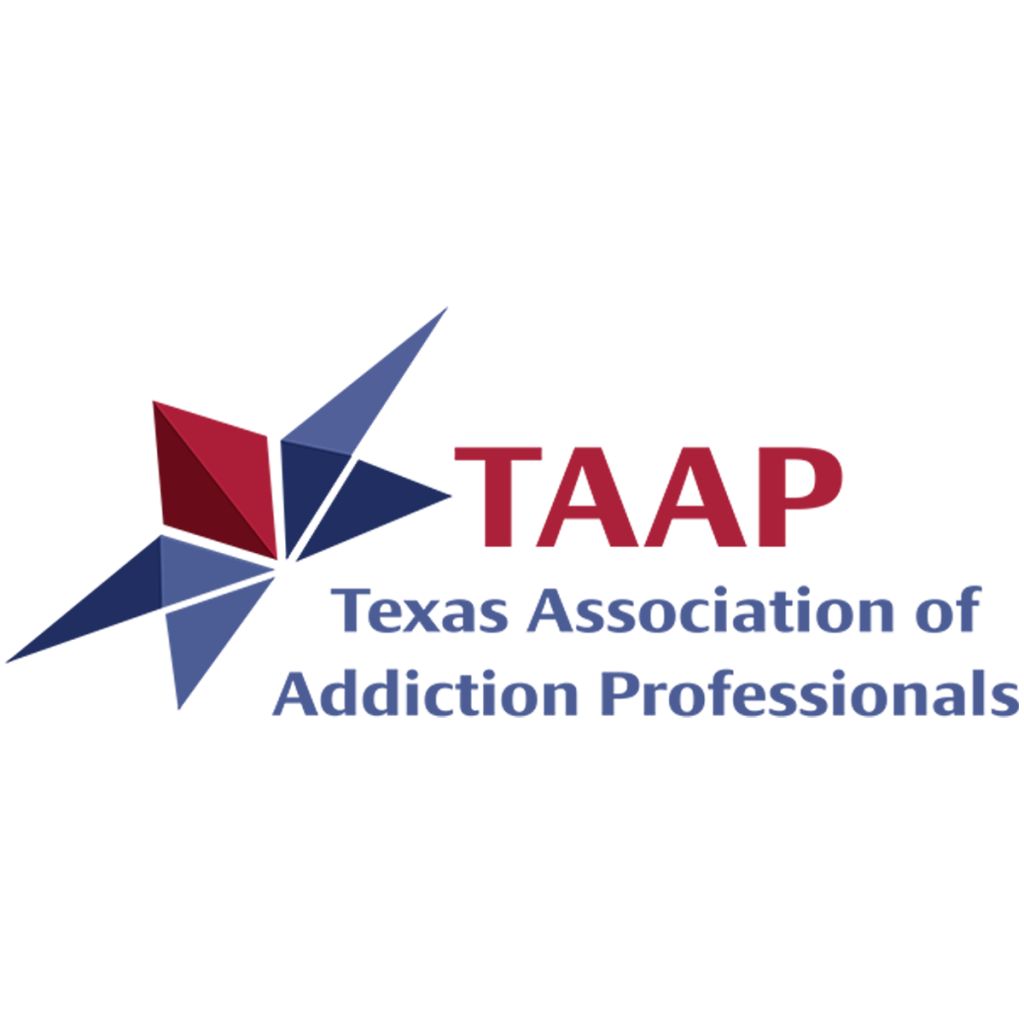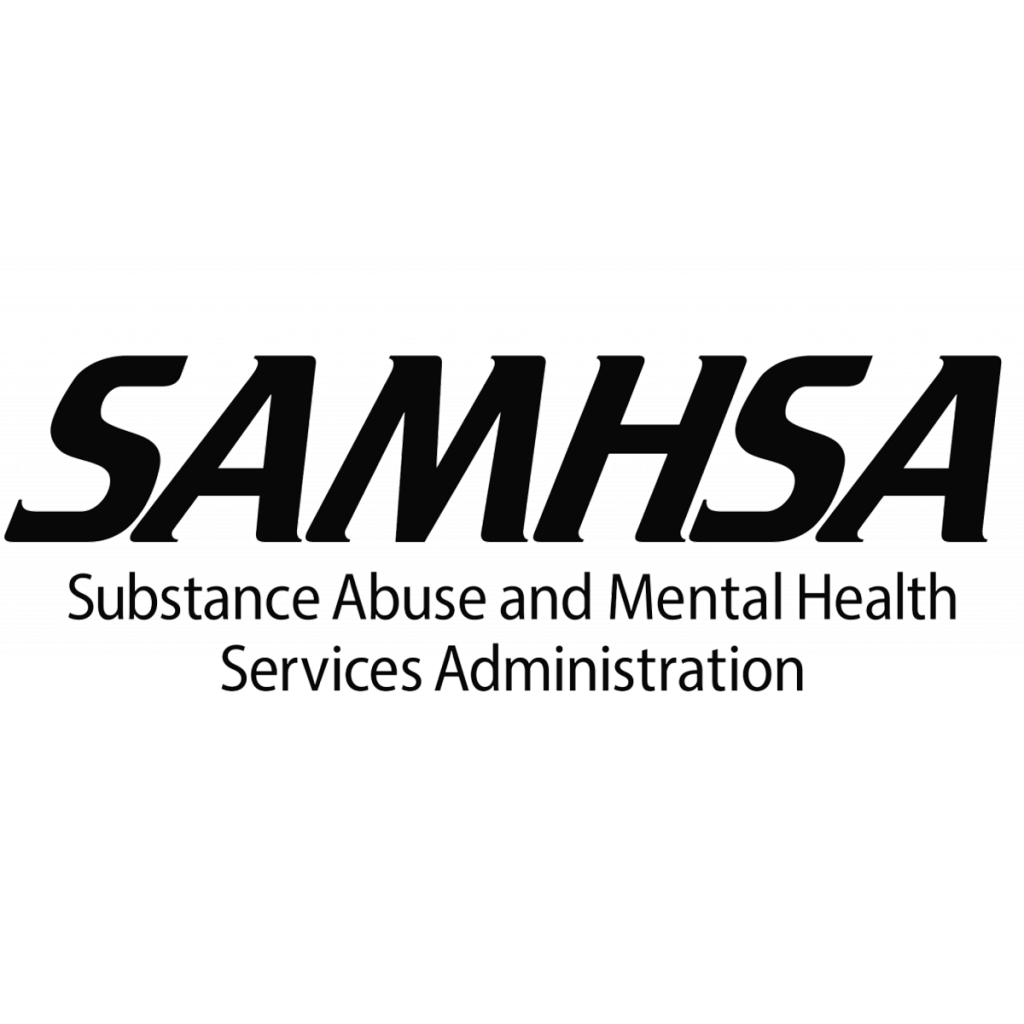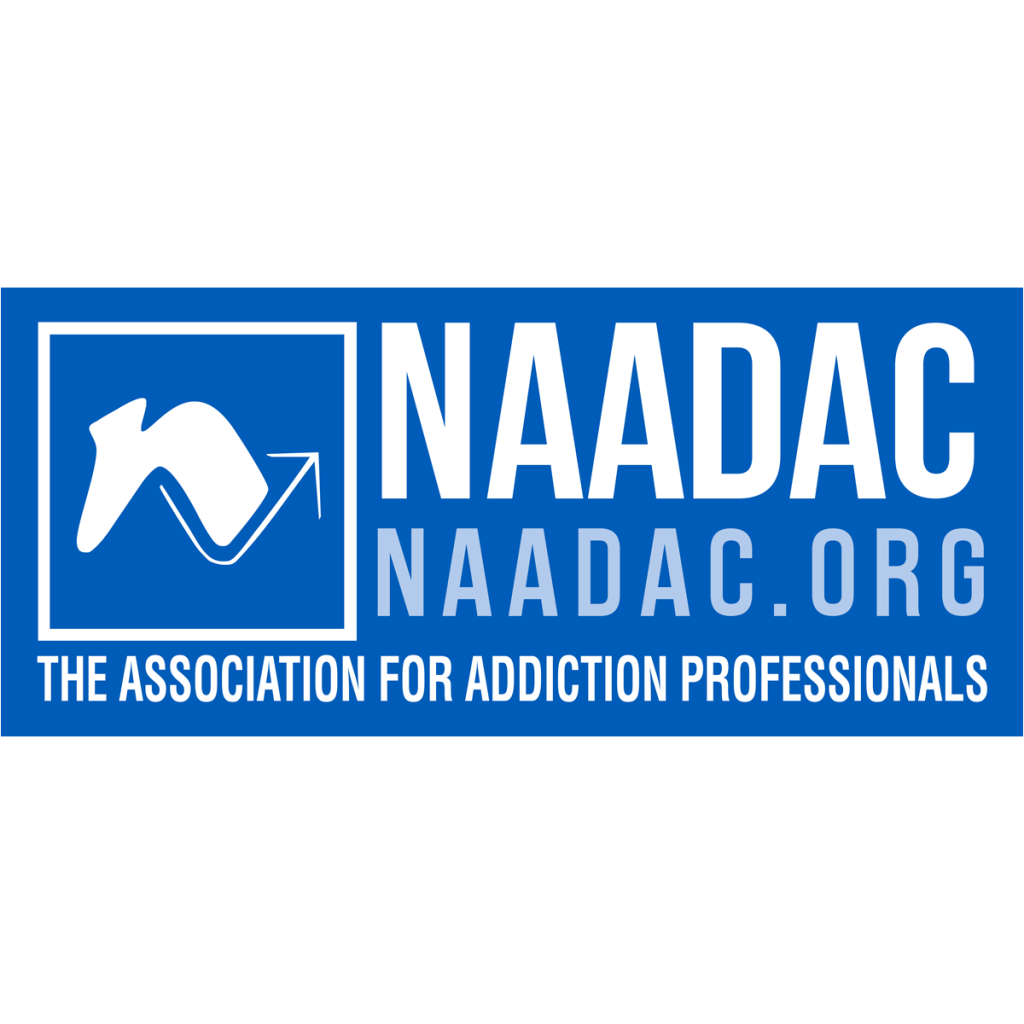
Table of Contents
If you or a loved one is struggling with alcohol addiction, seeking professional help is an important step towards recovery. Choosing the right alcohol rehab center can be a daunting task, especially when there are so many options available.
This guide has all the info you need to start your recovery journey in Austin. This guide will assist you in locating the top alcohol rehab programs and facilities in your area. It aims to simplify the process of achieving sobriety for you.
The importance of seeking alcohol rehab
People with alcohol problems may not want to get help because they deny it, are scared, or feel embarrassed. It’s important to get professional help to stop addiction and improve your life.
- Breaking the cycle of addiction: Alcohol addiction is a chronic and progressive disease that can have severe physical, psychological, and social consequences. By seeking alcohol rehab, individuals can break the cycle of addiction and begin their journey towards recovery. Rehab programs help people detox, deal with problems, and learn how to cope in a safe and supportive setting.
- Professional guidance and support: Alcohol rehab centers offer a team of healthcare professionals, including doctors, therapists, and counselors, who are experienced in treating addiction. These professionals have the knowledge and skills to provide personalized treatment plans tailored to the individual’s needs. They can help people overcome challenges, address mental health issues, and develop healthier habits through guidance, support, and evidence-based therapies.
- Structured and comprehensive treatment: Alcohol rehab programs provide structured and comprehensive treatment options that address various aspects of addiction and recovery. These programs may include detox, individual and group therapy, holistic therapies, educational sessions, support groups, and aftercare planning. People who join these programs learn about their addiction. They also gain skills to control cravings and triggers. Additionally, they create plans to avoid relapse.
- Building a support system: One of the key benefits of alcohol rehab is the opportunity to connect with others who are going through similar experiences. The sense of community and support from peers can be incredibly valuable during the recovery process. Group therapy sessions and support groups create a safe space for individuals to share their stories, gain insights from others, and learn from their successes and challenges. Building a strong support system can provide individuals with ongoing encouragement, understanding, and accountability.
Choosing the right rehab center in Austin
When choosing a facility in Austin, consider factors to find one that meets your needs. Many options are available. Here are some considerations to keep in mind when choosing an alcohol rehab center in Austin:
- Accreditation and Licensing: It is essential to choose a rehab center that is accredited and licensed. Accreditation ensures that the facility meets certain standards of quality and care. Licensed facilities adhere to state regulations and have met specific requirements for providing addiction treatment services.
- Treatment Approaches: Different rehab centers may offer varying treatment approaches. Consider the type of treatment modalities that align with your preferences and needs. Some common treatment approaches include cognitive-behavioral therapy (CBT), individual counseling, group therapy, holistic therapies, and 12-step programs. Look for a rehab center that offers a comprehensive range of evidence-based therapies and treatment options.
- Specialized Programs: Depending on your specific needs, you may require a rehab center that offers specialized programs. This could include programs for dual diagnosis, trauma-informed care, LGBTQ+ individuals, veterans, or specific age groups. If you have any co-occurring mental health disorders or unique requirements, ensure that the rehab center can address these needs.
- Staff Credentials and Experience: The expertise and qualifications of the staff at the rehab center are important factors to consider. Research the credentials and experience of the clinical team, including doctors, therapists, counselors, and support staff. A knowledgeable and experienced team can provide high-quality care and support throughout your recovery journey.
Understanding the different types of treatment options
When seeking alcohol rehab in Austin, it is important to understand the different types of treatment options available. Here are some of the common types of treatment options offered by alcohol rehab centers:
- Inpatient Treatment: Inpatient or residential treatment involves staying at a rehab facility for a designated period of time, typically ranging from 28 days to 90 days or more. This type of treatment provides a structured environment where individuals receive intensive therapy and support. Inpatient care provides constant support and a respite from familiar surroundings. These surroundings may contain triggers that could lead individuals to engage in undesirable behaviors.
- Outpatient Treatment: Outpatient treatment allows individuals to live at home while attending therapy sessions and receiving support services at a rehab center. This type of treatment offers flexibility and may be more suitable for individuals with less severe substance abuse issues or those who have completed inpatient treatment and require ongoing support. Outpatient treatment can include individual counseling, group therapy, educational sessions, and access to community resources.
- Partial Hospitalization Program (PHP): A partial hospitalization program is a structured treatment option that provides comprehensive care during the day and allows individuals to return home in the evenings. PHPs typically involve full-day sessions, providing intensive therapy and support. This care level is between inpatient and outpatient treatment, providing more support than regular outpatient programs.
- Intensive Outpatient Program (IOP): An intensive outpatient program is similar to a partial hospitalization program but with reduced hours of therapy and support. IOPs offer flexibility for individuals who may need to fulfill work or family responsibilities while still receiving intensive treatment. These programs often structure multiple sessions per week, including therapy, counseling, support groups, and educational components.
Creating a personalized recovery plan
After selecting the right alcohol rehab in Austin, the next step is to make a personalized recovery plan. Here are some key elements to consider when creating your personalized recovery plan:
- Set Clear Goals: Start by setting clear and realistic goals for your recovery. These goals should be specific, measurable, attainable, relevant, and time-bound (SMART goals). Your goals could be to stop drinking, get healthier, fix relationships, find new hobbies, or work towards a career or education. Setting clear goals will provide you with a sense of direction and motivation throughout your recovery journey.
- Identify Triggers and High-Risk Situations: It is crucial to identify the triggers and high-risk situations that have contributed to your alcohol use disorder. These can include certain people, places, emotions, or activities that have historically led to cravings or relapse. By recognizing your triggers, you can develop coping strategies to effectively manage them and minimize the risk of relapse.
- Develop Coping Mechanisms: Developing healthy coping mechanisms is essential for maintaining sobriety and managing stress and cravings. There are several ways to cope well. These include exercising, being mindful, attending support group meetings, writing in a journal, having sober friends and family, and getting therapy. Find what works best for you and incorporate these coping mechanisms into your daily routine.
- Build a Support Network: Surrounding yourself with a supportive and understanding network of individuals can significantly increase your chances of success in recovery. This support network can include family members, friends, sponsors from 12-step programs, and fellow individuals in recovery. Attend support group meetings, participate in group therapy sessions, and reach out to others who have successfully overcome alcohol addiction. Remember, you don’t have to face this journey alone.
Building a strong support network
Recovering from alcohol addiction is tough. A support system can help by giving encouragement, guidance, and understanding to handle the highs and lows of the journey. Here are some important factors to consider when building your support network:
- Family and Friends: Reach out to your family and friends and let them know about your decision to seek alcohol rehab in Austin. Having the support of loved ones can make a significant difference in your recovery. They can offer emotional support, be a source of encouragement, and help create a positive and alcohol-free environment.
- Support Groups: Joining support groups can be immensely beneficial during the recovery process. Alcoholics Anonymous (AA) and other 12-step programs provide a safe and supportive environment where you can share experiences, learn from others, and receive guidance from individuals who have successfully overcome alcohol addiction. Attend meetings regularly and actively participate in group discussions.
- Professional Guidance: Seek guidance from addiction specialists or counselors who are experienced in alcohol addiction treatment. They can provide you with personalized support, advice, and coping strategies. Individual therapy can assist you in comprehending the underlying causes of your alcohol issue. It can also aid in discovering effective strategies to cope with these reasons.
- Sober Living Communities: Consider joining a sober living community after completing alcohol rehab. These communities provide a structured and supportive environment where individuals in recovery can live together and support each other’s sobriety. Living among like-minded individuals can reinforce your commitment to recovery and offer a sense of community and accountability.
Maintaining sobriety after rehab
Completing a rehab program for alcohol addiction is a significant achievement. However, maintaining sobriety after rehab requires ongoing effort and support. Here are some essential strategies to help you stay on track and prevent relapse:
- Continuing Treatment: After completing a rehab program, it’s crucial to continue with aftercare services such as outpatient counseling or therapy. Ongoing treatments can help you deal with daily challenges without relying on alcohol by offering guidance, support, and coping strategies.
- Support Groups: Continuing to participate in support groups like Alcoholics Anonymous (AA) or similar programs can be highly beneficial. These groups provide a safe place to share, learn, and stay connected with others who understand the challenges of alcohol addiction. Regular attendance at meetings can provide ongoing encouragement and accountability.
- Healthy Lifestyle Choices: Adopting a healthy lifestyle can support your sobriety. This includes eating a balanced diet, getting regular exercise, and prioritizing self-care activities like yoga or meditation. Taking care of your body and mind can lower stress and boost resilience, helping you say no to alcohol.
- Avoiding Triggers: Identify and avoid situations, people, or places that may trigger cravings or temptations to drink. If certain places or people influenced your drinking, it may be necessary to avoid them in order to stay sober. Additionally, it is important to steer clear of things that could trigger your desire to drink.
Sober fun points of interest in Austin, Texas
In Austin, Texas, you can enjoy a vibrant and diverse range of activities without needing alcohol. Here are some sober points of interest in Austin, Texas, that you can explore and enjoy:
- Lady Bird Lake: Take a stroll or rent a bike and explore Lady Bird Lake, a picturesque reservoir located in the heart of Austin. Enjoy the stunning views of downtown Austin, while immersing yourself in nature. You can also rent a kayak or paddleboard to experience the lake up close and personal.
- Barton Springs Pool: Dive into the refreshing waters of Barton Springs Pool, a natural spring-fed pool located within Zilker Park. This cool oasis in Austin is great for swimming, relaxing, or having a picnic with friends in the city.
- South Congress Avenue: Venture down South Congress Avenue, a vibrant street lined with boutique shops, cafes, and art galleries. Explore unique stores, indulge in local cuisine, and soak in the lively atmosphere of this popular Austin hotspot.
- The Texas State Capitol: Visit the Texas State Capitol, a historic landmark that showcases stunning architecture and rich history. Take a guided tour to learn about the state’s legislative processes and admire the beautiful surroundings of the Capitol grounds.
- Austin Nature and Science Center: Immerse yourself in the natural world at the Austin Nature and Science Center. Explore interactive exhibits, hike through nature trails, and learn about the diverse flora and fauna that thrive in the Austin area.
Recovery With Nova
At Nova Recovery Center, Houston we provide our patients with a very comfortable detox process, where medical professionals provide monitoring and care around the clock. You will be provided with all the medications you need to combat the withdrawal symptoms. You will enroll in the in-patient recovery program where you’ll learn to stay away from drugs, through counseling, group therapy, and so on.
Nova Recovery Center commits to helping you overcome your addiction so you can get back to what is most important to you. If you or someone you know are struggling with addiction, Nova Recovery Center can provide support. We have locations in Austin, Houston, and Wimberley Texas. Call today to begin your journey in recovery at (888) 428-1501.





